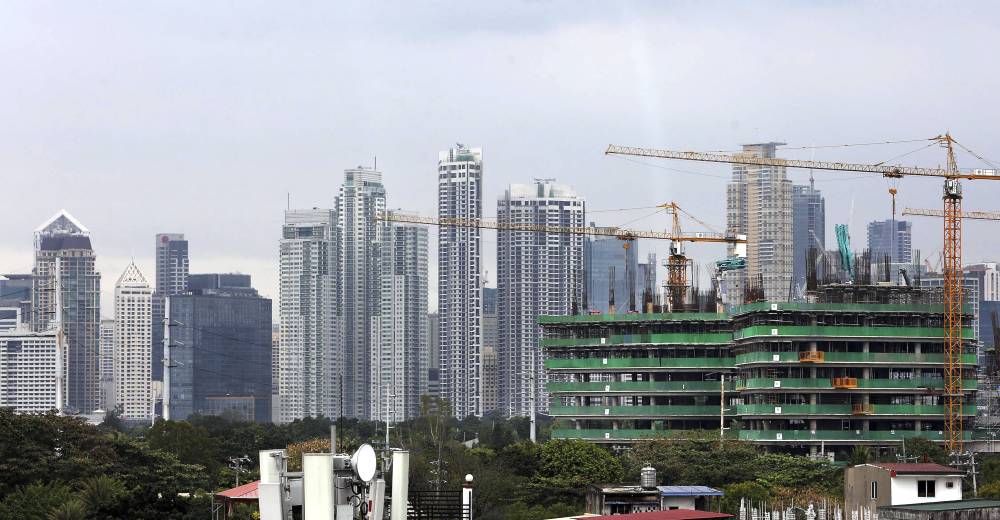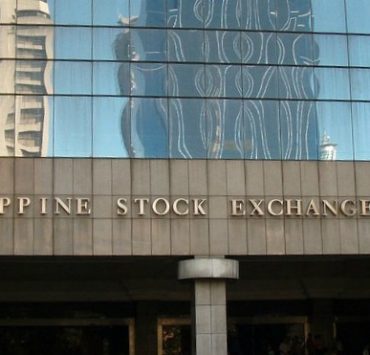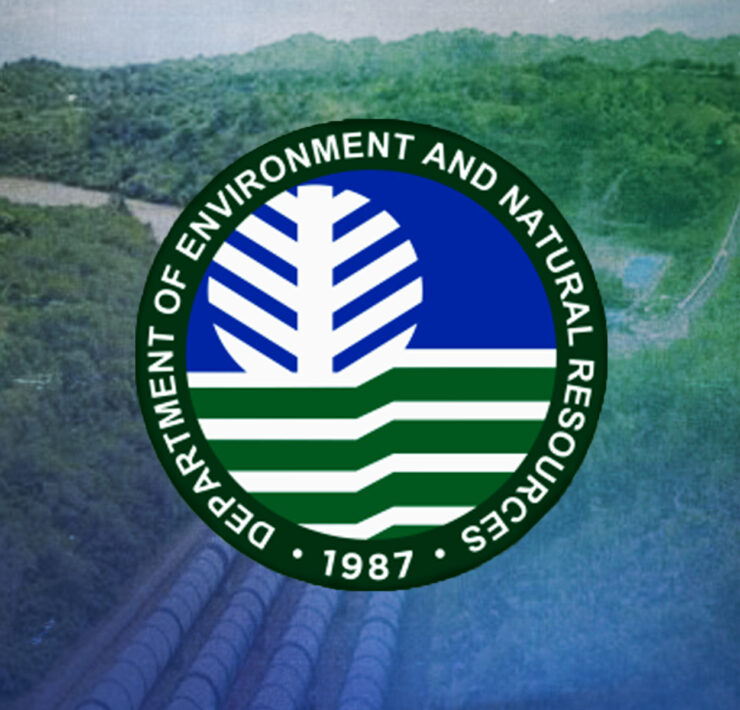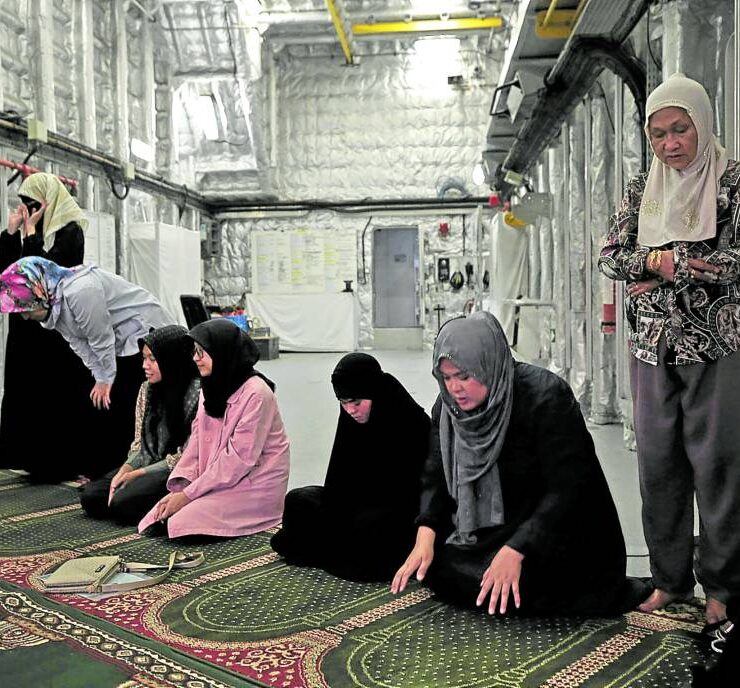PH GDP growth likely sped up to 6% in Q2

The country’s economic growth likely accelerated in the second quarter due to robust government spending and easing inflation.
An Inquirer poll of 11 economists conducted last week yielded a median gross domestic product (GDP) growth estimate of 6 percent for the second quarter. If realized, this would be faster than the preliminary 5.7-percent growth recorded in the first three months and the 4.3 percent expansion logged in the same period a year ago.
This would bring the first half average GDP expansion to 5.9 percent, just short of the government’s 6 to 7 percent target for the year.
The Philippine Statistics Authority is set to release second quarter GDP data on Aug. 8.
Robert Dan Roces, chief economist at Security Bank, estimated that economic growth rose to 5.9 percent, driven by strong domestic demand.
This growth is reflected in the robust manufacturing sector, high employment, increased government spending and controlled inflation.
HSBC economist Aris Dacanay gave a 6.3-percent GDP growth forecast, mainly driven by improved government spending.
“In contrast to last year’s underspending, the utilization rate of the 2024 budget has significantly improved, leading to total government expenditure to rise 14.6 percent year-on-year in the first half of the year,” Dacanay said.
Strong labor market
Besides more efficient spending, service exports have grown rapidly, now outpacing overseas remittances, Dacanay added.
Dacanay further stressed that the country’s strong labor market has kept household spending resilient despite high inflation and interest rates.
For the first quarter, household spending—which accounts for more than 70 percent of economic output—rose by 4.6 percent, making it the slowest growth since the COVID-19 pandemic hit the country in 2020.
Meanwhile, Metropolitan Bank & Trust Co. chief economist Nicholas Antonio Mapa said that increased investment momentum was expected to boost GDP growth, and gave a second quarter GDP growth forecast of 6 percent.
“In the short term, investment growth should boost the economy through increased capital formation. It will also enhance overall productivity. These factors combined should help maintain the Philippines’ growth narrative and set the stage for even higher levels of economic expansion in the future,” Mapa said.
On the other hand, Pantheon Macroeconomics economist Miguel Chanco projected a 5.6-percent growth, slower than the first quarter’s rate.
“On investment, the clouds have been darkening for some time, due to the still-high level of interest rates, falling construction permits and waning business confidence. In terms of government spending, activity from one quarter to the next can vary quite wildly, and this has been the case on a quarterly basis since early last year,” he said.
Moreover, Chanco believed that the main reason for reduced spending is that the government is still working to balance the budget after the heavy spending during the pandemic.
Finance Secretary Ralph Recto remained optimistic that growth will be “higher than the first [quarter]” attributing higher consumption, lower inflation, and public spending as the main drivers of growth.





















